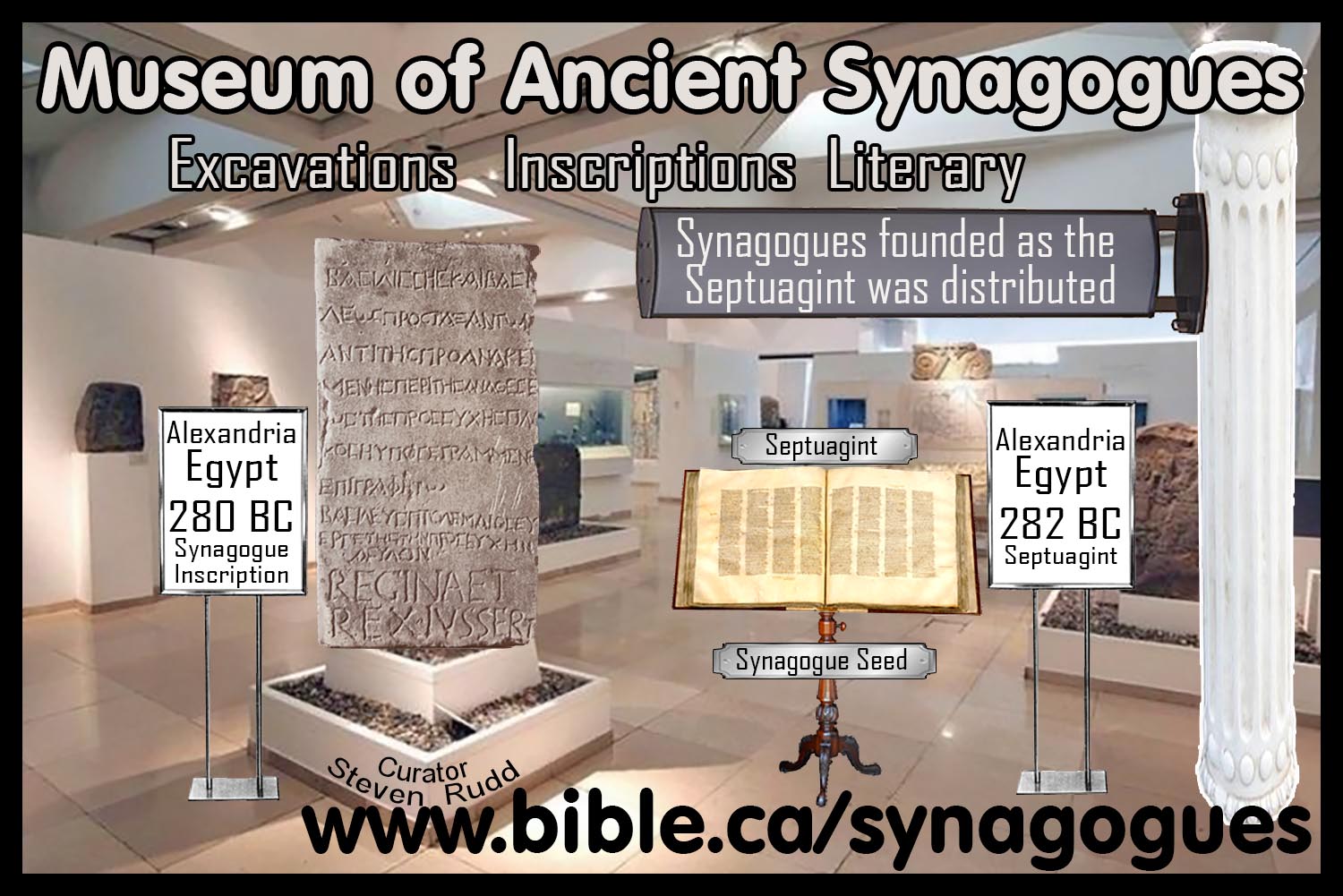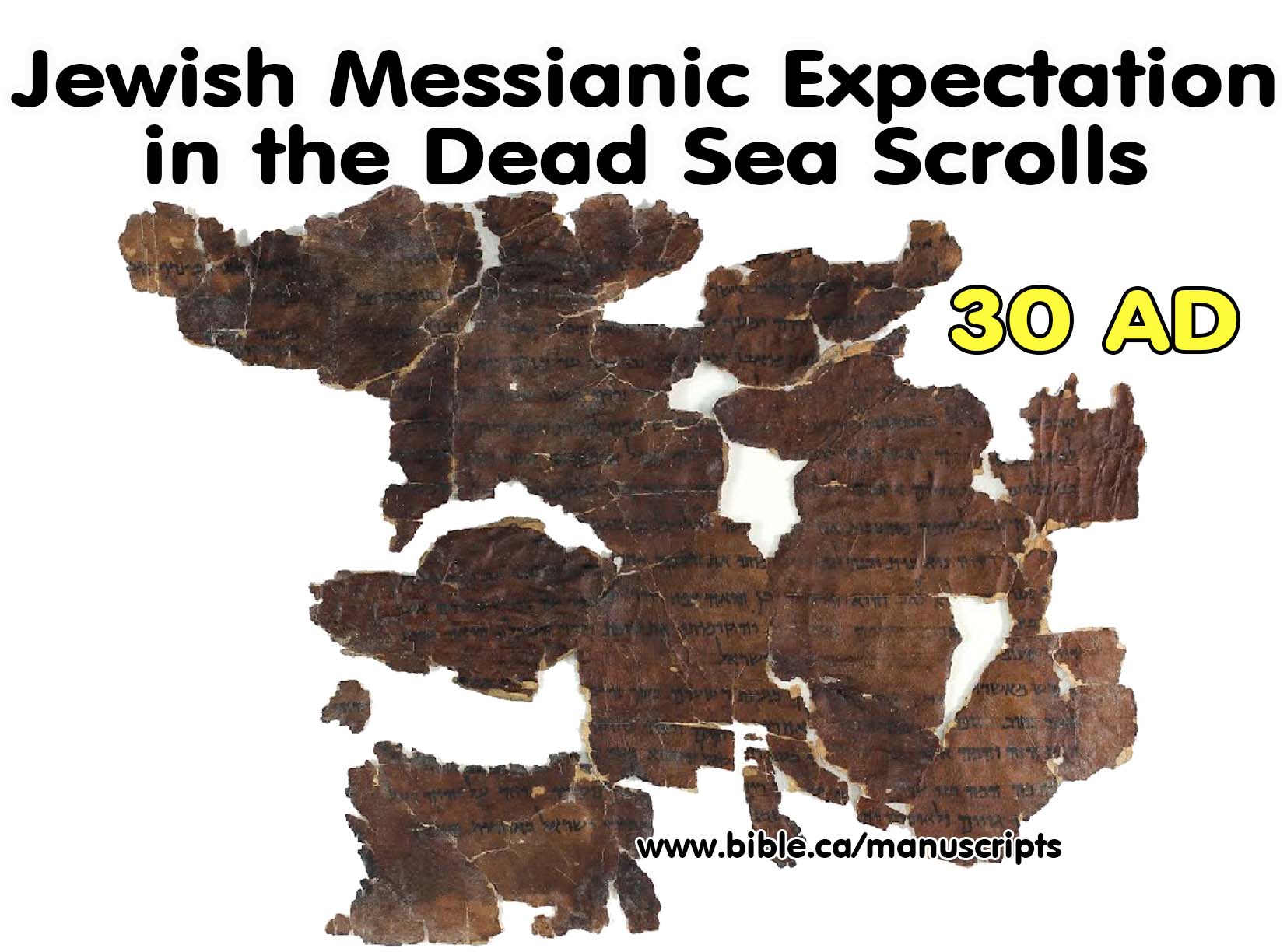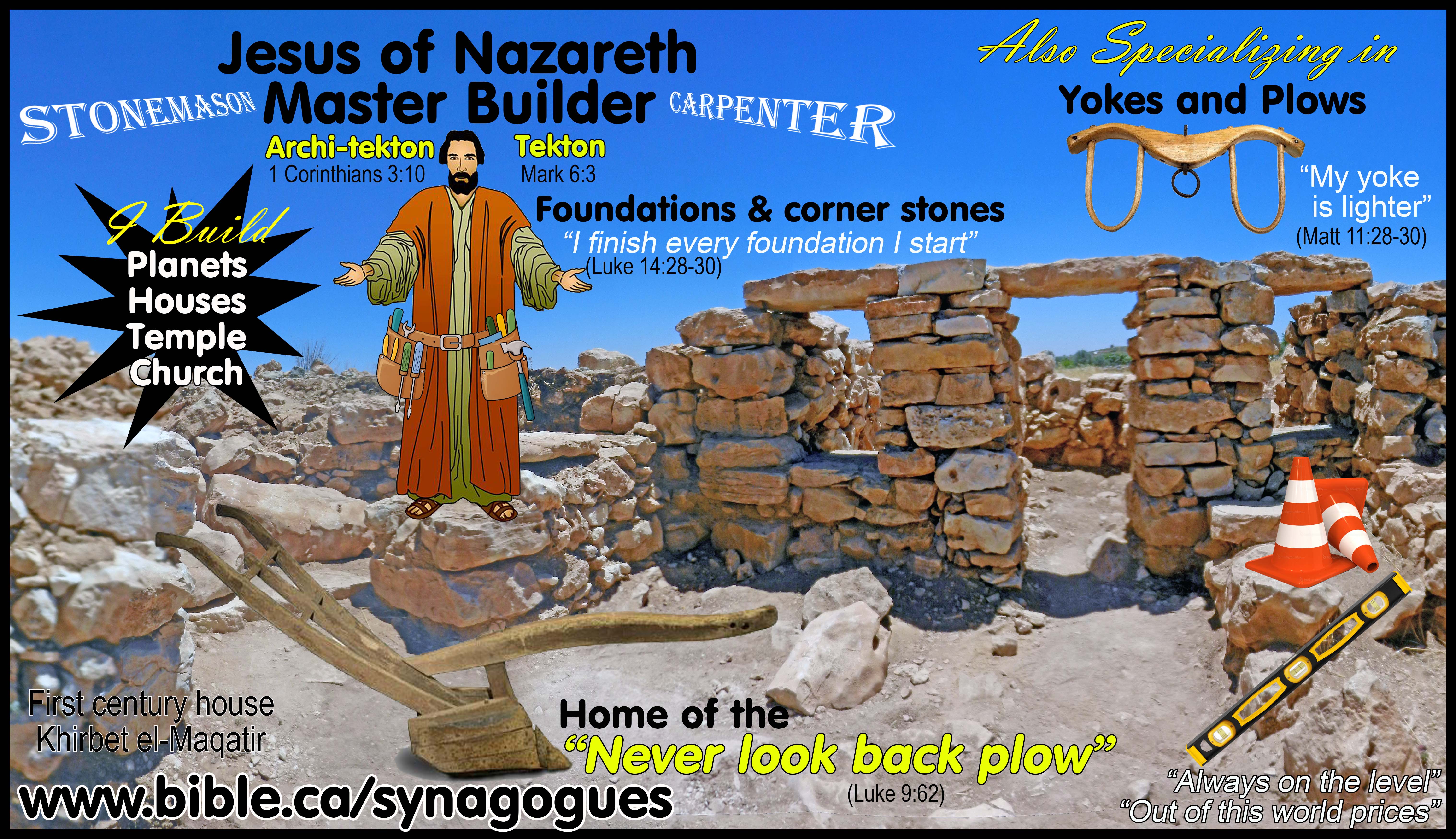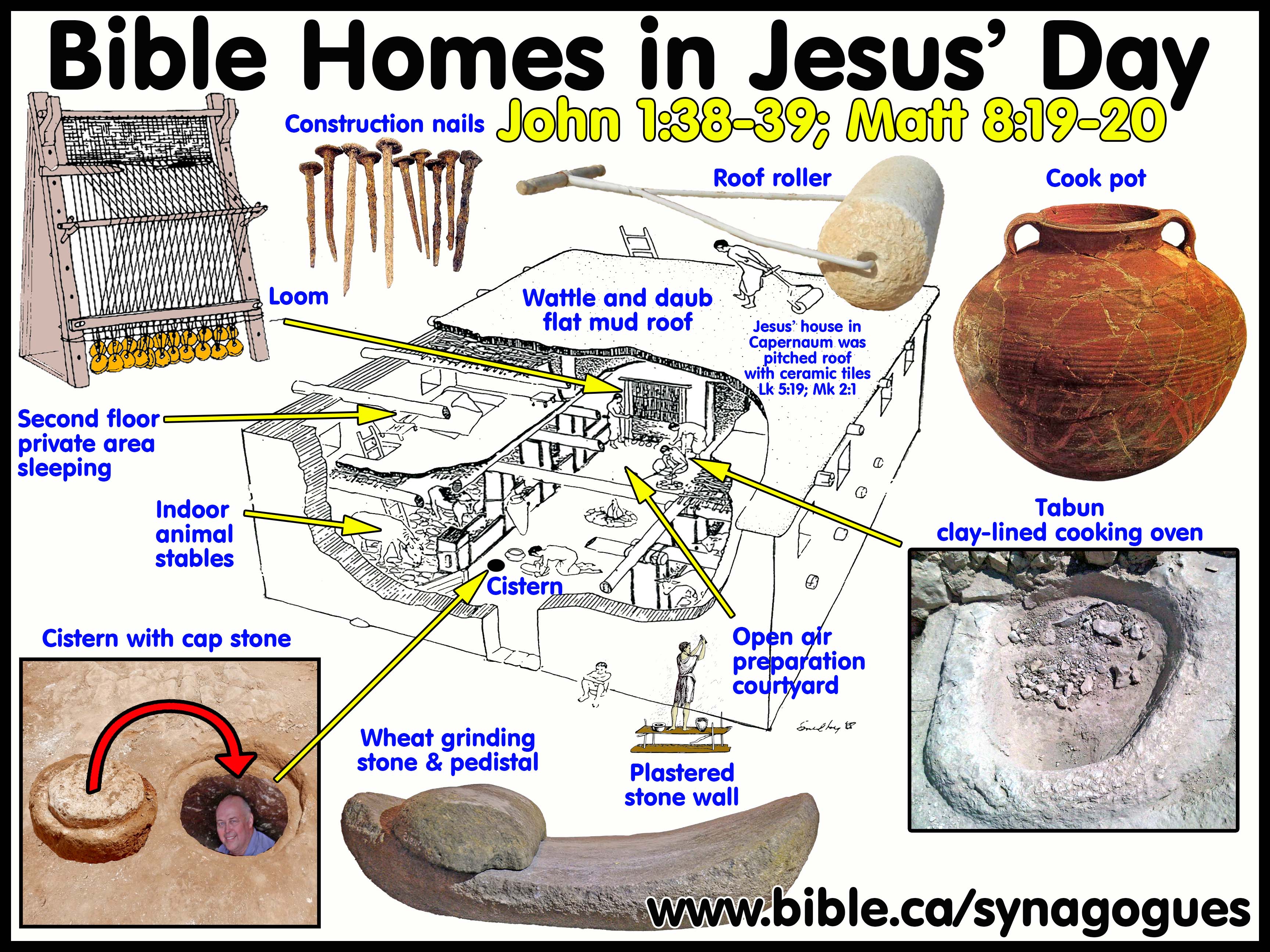Ancient Synagogue Literary Sources
Marcus Tullius Cicero (106- 54 BC)
Synagogues at Apamea, Laodicea, Pergamus, Adramyttium
Introduction:
1. This amazing ancient text shows that in 59 BC four synagogues had treasuries that took weekly collections for the poor and donations to the Jerusalem temple.
2. Marcus Tullius Cicero, 106-54 BC, For Flaccus 28, Speech of M. T. Cicero in defence of Lucius Valerius Flaccus, 59 BC.
3. “The Roman connection has been suggested by Clermont-Ganneau ("Decouverte," 196-97) on the basis of: (I) gens Vettia or Vectia being associated with that city, and (2) a person by the name of Vettienus mentioned by Cicero. This suggestion has been accepted by some (e.g., Schwabe, "Greek Inscriptions," 363-64)” (The Ancient Synagogue, Lee Levine, footnote 51, p57, 1999 AD)
4. Stealing Jewish gold from Synagogues: “The next thing is that charge [stealing] about the Jewish gold. … As gold, under pretence of being given to the Jews, was accustomed every year to be exported out of Italy and all the provinces to Jerusalem, Flaccus issued an edict establishing a law that it should not be lawful for gold to be exported out of Asia. … There was a hundredweight of gold, more or less openly seized at Apamea, and weighed out in the forum at the feet of the praetor, by Sextus Caesius, a Roman knight, a most excellent and upright man; twenty pounds weight or a little more were seized at Laodicea, by Lucius Peducaeus, who is here in court, one of our judges; some was seized also at Adramyttium, by Cnaeus Domitius, the lieutenant, and a small quantity at Pergamus.” (Marcus Tullius Cicero, 106-54 BC, For Flaccus 28, Speech of M. T. Cicero in defence of Lucius Valerius Flaccus, 59 BC)
A. The Full Text from Marcus Tullius Cicero: 106 - 54 BC
“[28] The next thing is that charge [stealing] about the Jewish gold. And this, forsooth, is the reason why this cause is pleaded near the steps of Aurelius. It is on account of this charge, O Laelius, that this place and that mob has been selected by you. You know how numerous that crowd is, how great is its unanimity, and of what weight it is in the popular assemblies. I will speak in a low voice, just so as to let the judges hear me. For men are not wanting who would be glad to excite that people against me and against every eminent man; and I will not assist them and enable them to do so more easily. [67] As gold, under pretence of being given to the Jews, was accustomed every year to be exported out of Italy and all the provinces to Jerusalem, Flaccus issued an edict establishing a law that it should not be lawful for gold to be exported out of Asia. And who is there, O judges, who cannot honestly praise this measure? The senate had often decided, and when I was consul it came to a most solemn resolution that gold ought not to be exported. But to resist this barbarous superstition were an act of dignity, to despise the multitude of Jews, which at times was most unruly in the assemblies in defence of the interests of the republic, was an act of the greatest wisdom. “But Cnaeus Pompeius, after he had taken Jerusalem, though he was a conqueror, touched nothing which was in that temple.” [68] In the first place, he acted wisely, as he did in many other instances, in leaving no room for his detractors to say anything against him, in a city so prone to suspicion and to evil speaking. For I do not suppose that the religion of the Jews, our enemies, was any obstacle to that most illustrious general, but that he was hindered by his own modesty. Where then is the guilt? Since you nowhere impute any theft to us, since you approve of the edict, and confess that it was passed in due form, and did not deny that the gold was openly sought for and produced the facts of the case themselves show that the business was executed by the instrumentality of men of the highest character. There was a hundredweight of gold, more or less openly seized at Apamea, and weighed out in the forum at the feet of the praetor, by Sextus Caesius, a Roman knight, a most excellent and upright man; twenty pounds weight or a little more were seized at Laodicea, by Lucius Peducaeus, who is here in court, one of our judges; some was seized also at Adramyttium, by Cnaeus Domitius, the lieutenant, and a small quantity at Pergamus. [69] The amount of the gold is known; the gold is in the treasury; no theft is imputed to him; but it is attempted to render him unpopular. The speaker turns away from the judges, and addresses himself to the surrounding multitude. Each city, O Laelius, has its own peculiar religion we have ours. While Jerusalem was flourishing, and while the Jews were in a peaceful state, still the religious ceremonies and observances of that people were very much at variance with the splendour of this empire and the dignity of our name and the institutions of our ancestors. And they are the more odious to us now because that nation has shown by arms what were its feelings towards our supremacy. How dear it was to the immortal gods is proved by its having been defeated, by its revenues having been farmed out to our contractors, by its being reduced to a state of subjection.” (Marcus Tullius Cicero, 106-54 BC, For Flaccus 28, Speech of M. T. Cicero in defence of Lucius Valerius Flaccus, 59 BC)
B. Bible Verses:
1. Pergamum:
a. “And to the angel of the church in Pergamum write: The One who has the sharp two-edged sword says this: ‘I know where you dwell, where Satan’s throne is; and you hold fast My name, and did not deny My faith even in the days of Antipas, My witness, My faithful one, who was killed among you [likely by the Jews], where Satan dwells [synagogue]." (Revelation 2:12–13)
2. Laodicea:
a. "When this letter is read among you, have it also read in the church of the Laodiceans; and you, for your part read my letter that is coming from Laodicea." (Colossians 4:16)
b. "“To the angel of the church in Laodicea write: The Amen, the faithful and true Witness, the Beginning of the creation of God, says this: ‘I know your deeds, that you are neither cold nor hot; I wish that you were cold or hot. ‘So because you are lukewarm, and neither hot nor cold, I will spit you out of My mouth. ‘Because you say, “I am rich, and have become wealthy, and have need of nothing,” and you do not know that you are wretched and miserable and poor and blind and naked," (Revelation 3:14–17)
c. ““The magistrates of the Laodiceans to Caius Rubilius, the son of Caius, the consul sendeth greeting. Sopater, the ambassador of Hyrcanus the high priest, hath delivered us an epistle from thee, whereby he lets us know that certain ambassadors were come from Hyrcanus, the high priest of the Jews, and brought an epistle written concerning their nation, (242) wherein they desire that the Jews may be allowed to observe their Sabbaths and other sacred rites, according to the laws of their forefathers, and that they may be under no command, because they are our friends and confederates: and that nobody may injure them in our provinces. Now although the Trallians there present contradicted them, and were not pleased with these decrees, yet didst thou give order that they should be observed, and informed us that thou hadst been desired to write this to us about them.” (Josephus, Antiquities 14.241–242)
C. About Marcus Tullius Cicero: 106 - 54 BC
1. “CICERO. Marcus Tullius Cicero (106–43 bce) was a prominent public figure in Rome, notable as one of the leading courtroom orators before being elected to several public offices, including CONSUL (63 bce). Not long after the rise of the first triumvirate in 60 bce, Cicero was exiled from Rome, and although he was able to return within two years, he never regained the same level of political influence. Unable to participate fully in politics, Cicero turned to writing works on philosophy and rhetoric. A staunch defender of the traditional ideals of the Republic, Cicero and some of his family members were murdered in the wave of assassinations that followed the rise of the second triumvirate in 43 bce. Cicero’s works, including published speeches, letters, and rhetorical and philosophical writings, have been invaluable for studies of the history of the late Republic, for understanding the genre of the letter and rhetorical theory and training, and for the glimpse they provide of philosophical debates of the time. Cicero’s philosophical writings, which have a Stoic bent, became quite influential for Christian writers, notably Augustine, and remained so until the 19th cent. C.E.” (The New Interpreter’s Dictionary of the Bible, Volume 1, Page 667, 2009 AD)
2. “Cicero: (106–43 BC). A tall, slight man took his place in the Roman Senate on Nov. 8, 63 BC. The man was Marcus Tullius Cicero, the forceful speaker whose eloquence and statesmanship had raised him to the highest office in the Roman republic—the consulship. Only the day before, he had narrowly escaped death at the hands of conspirators plotting to overthrow the Roman government. Another Roman of great stature stalked in. His name was Catiline, and he had recently been defeated in his attempt to win the consulship. Cicero turned upon Catiline and, in a scathing speech, attacked him. Unshaken, Catiline tried to reply, but cries of “Traitor!” drowned his words. He rushed out of the Senate but was later overtaken and slain. Cicero’s skilled and passionate speeches carried the Senate too far. Some of Catiline’s band had been put to death by order of the Senate. For this misuse of power Cicero, the “father of his country” as he had been called, was ordered out of Rome. Although the people welcomed his return the following year (57 BC), he never regained his former power. In the struggles that grew out of Caesar’s rise, Cicero played no great part. Only once, after Caesar’s assassination, did he again take center stage. Placing himself at the head of the republican party, he denounced Mark Antony in 14 famous speeches called the “Philippics.” When Antony came to power, he had Cicero executed. More writings of Cicero than of any other Latin author have survived. In hundreds of letters to friends, including nearly all the famous people of his day, he presented an intimate picture of Roman life. Also revealed is the many-sided character of the man—statesman, collector of books and paintings, country squire, and devoted father. His speeches made Cicero famous as perhaps the most eloquent orator and masterful stylist of the Latin language.” (Compton’s Encyclopedia, Cicero, 2015 AD)
3. “Marcus Tullius Cicero (106–43 B.C.) was the dominant statesman of the Roman republic in the turbulent years of the first century, which witnessed the demise of the traditional constitution and the transition to imperial dictatorship. 1. Political Career: Although he was a novus homo (“new man,” not of the nobility) from Arpinum, Cicero won election to the consulship (63 B.C.) mostly through auctoritas, gained by his eloquence in the courts (Cicero Quinct.; Rosc. Am; Div. in Caecil; Verr). As consul, he exposed the conspiracy led by Cataline, and after compelling Cataline to leave Rome, he executed the conspirators without trial. This victory, which earned him the title pater patriae (“father of the fatherland”), resulted ironically in his exile instigated by his enemy Publius Clodius (58 B.C.). Upon his recall a year later, he led the opposition to Caesar, and after the dictator’s death (44 B.C.) Cicero vehemently opposed Mark Antony (Plutarch Cic. 1.1–12). Often criticized as necessarily pragmatic in the temporary alliances he formed with Caesar, Pompey and Octavian (see Roman Emperors), Cicero remained the staunchest guardian of senatorial authority until the vengeful Antony ordered his head and hands nailed to the rostra (Plutarch Cic. 48–49; Seneca Contr. 7.2; Seneca Suas. 17). 2. Works and Influence: The Ciceronian legacy is political, but more so literary. He delivered more than 150 speeches (58 extant), wrote 800 letters and authored more than 25 titles on philosophy, rhetoric and religion. The breadth, excellence and profundity of his work are the mark of a keen intellect and a mind of boundless energy. The quantity alone necessitates that most histories on the late Republic are dependant on Cicero, and he has greatly influenced the NT environment, especially its rhetoric and philosophy. Ciceronian rhetoric is persuasion based foremost on ethos, the character of the bonus orator (Cicero De Orat. 2.182–84). There is a moral position that can and should be defended, and this is the prevalent voice of the Gospels and Pauline letters (see Rhetoric), as well as the church fathers, most notably Augustine, Jerome and Ambrose. 3. On the Jews: One year before his exile (59 B.C.), Cicero defended Valerius Flaccus against the charge, among others, of stealing gold that the Jews in his Asian province (62/61 B.C.) were sending to the temple in Jerusalem. Cicero denied the theft: all the gold, although some was refused shipment, could be accounted for. This was not, however, Cicero’s main defense; in typical fashion he contrasted the auctoritas of his defendant with the unreliability of the complainants. Whereas Flaccus was following a precedent of the Senate and was acting for the Republic, the Jews, whose notorious superstitio often contradicted Rome, were known to band together for political attacks (Cicero Flac. 66–69). Although Cicero’s caricature may well have been overstated for effect (as was the preceding description of the Greeks), its success relied on the common assumptions held by the jury, and it is evidence that already by the first century Jews, specifically their religious practices and the cohesiveness of their culture, were considered hostile to Rome. Cicero concludes, as Roman religion demands, that Jerusalem’s capture and subjugation signaled the gods’ rejection of the Jewish nation. Flaccus was acquitted.” (Dictionary of New Testament Background, T. S. Johnson, p209, 2000 AD)
4. “Synagogues were viewed as collegia by Roman authorities in the first century B.C.E., yet their status was special. Two figures dominate the interpretation of the evidence, Julius Caesar and Caesar Augustus. Others have summarized the main outlines of the legal position.8 In 64 B.C.E. the Senate prohibited all collegia on principle because of their danger to the state as private institutions.9 It was characteristic of the political and social turbulence of the period that in 58 B.C.E., during the First Triumvirate, collegia were permitted again, and that in 56 B.C.E. the Senate again dissolved political clubs, a specific class of collegia. A few years later (sometime between 49 and 44 B.C.E.), Julius Caesar prohibited all collegia Empire-wide except the most ancient. One exception, perhaps because it conformed to the notion ancient, was Judaism,1° and this exception was also Empire-wide. By this action Caesar made Judaism a religio licita, and Jewish gratitude for this status was demonstrated by Jewish attendance at Caesar's funeral (Suetonius, Jul. 84.5). The character of the period emerges clearly from Cicero's defence of Flaccus: (Flac. 66-69)” (Building Jewish in the Roman East, Peter Richardson, p114, 2004 AD)
By Steve Rudd 2017: Contact the author for comments, input or corrections
|
Jesus your messiah is waiting for you to come home! |
|
|
Why not worship with a first century New Testament church near you, that has the same look and feel as the Jewish Synagogue in your own home town. As a Jew, you will find the transition as easy today as it was for the tens of thousands of your forefathers living in Jerusalem 2000 years ago when they believed in Jesus the Nazarene (the branch) as their messiah. It’s time to come home! |
|
By Steve Rudd: Contact the author for comments, input or corrections.
Go to: Main Ancient Synagogue Start Page











